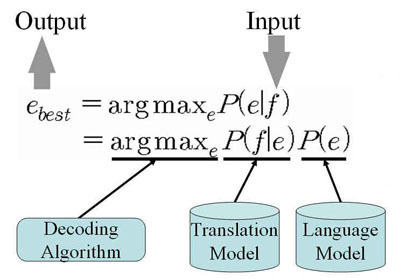What do you think?
Rate this book


184 pages, Hardcover
First published January 1, 1120

It is a flash from the stage of non-belief to faith,
There is no more than a syllable between doubt and certainty:
Prize this precious moment dearly,
It is our life's only fruit.
Nobody has known anything better than sparkling wine
Since the morning star and the moon graced the sky:
Wine-sellers astonish me because
What can they buy better than what they sell?
The year's caravan goes by swiftly,
Seize the cheerful moment:
Why sorrow, boy, over tomorrow's grief for friends?
Bring out the cup - the night passes.
How long shall I grieve for what I have or have not,
Over whether to pass my life in pleasure?
Fill the wine-bowl - it is not certain
That I shall breathe out again the breath I now draw.
These few odd days of life have passed
Like water down the brook, wind across the desert;
There are two days I have never been plagued with regret for,
Yesterday that has gone, tomorrow that will come.
When small-minded tin-eared scholars
Take a look at his verse and holler:
"Why! what grave and fatal inaccuracies!"
Resist the urge to grab them by the collar
When pencil-pushing professors sneer:
“FitzGerald’s version does not adhere
To the original Persian manuscript here!”
Pat them on the back and have another beer

قال قوم أطيب الحور في الجن
ة قلت المدام عندي أطيب
فاغنم النقد و اترك الدين و اعلم أن
صوت الطبول في البعد اعذب
كل ذرات هذه الأرض كانت
أوجهها كالشموس ذات بهاء
من تحرى حقيقة الدهر أضحى
عنده الحزن و السرور سواء
لا تنظرن إلى الفتى و فنونه
و انظر لحفظ عهوده و وفائه
فإذا رأيت المرء قام بعهده
فاحسبه فاق الكل في عليائه
إلهي قل لي من خلى من خطيئةوكيف ترى عاش البرئ من الذنب
إذا كنت تجري الذنب مني بمثله
فما الفرق مابيني و بينك ياربي
لئن جالست من تهواه عمراو ذقت لذات الوجود
فسوف تفارق الدنيا كأن
الذي شاهدت حلم في هجود
لئن عمرت صاحي ألف حول
فسوف تعاف هذي الدار قهرا
